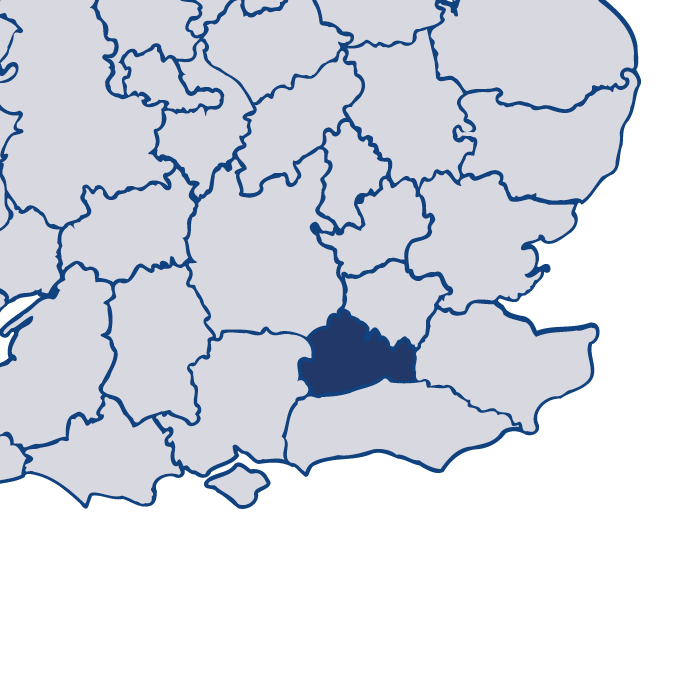Surrey 2018/19
Read more about SurreyThis is HMICFRS’s fifth PEEL (police effectiveness, efficiency and legitimacy) assessment of Surrey Police. PEEL is designed to give you information about how your local police force is performing in several important areas, in a way that is comparable both across England and Wales, and year on year.
Surrey Police was inspected in tranche two and we found:
the extent to which the force is effective at reducing crime and keeping people safe is good.
the extent to which the force operates efficiently and sustainably requires improvement.
the extent to which the force treats the public and its workforce legitimately is good.
Download the full report
PEEL: Police effectiveness, efficiency and legitimacy 2018/19 – Surrey Police

Zoë Billingham, Her Majesty’s Inspector of Constabulary
HMI's observations
I am pleased with most aspects of Surrey Police’s performance. But the force needs to make improvements in its efficiency to provide a consistently good service.
The force is outstanding at preventing crime and anti-social behaviour. It engages well with its communities and partner organisations to understand and solve neighbourhood problems. It also works effectively with partners to identify and protect vulnerable people.
The force is struggling to meet demand for its services. It should gain a better understanding of current demand and how it uses and prioritises resources to meet it. This knowledge, along with a more detailed assessment of its workforce capabilities, should help it to develop strong and sustainable plans for the future.
The force continues to uphold an ethical culture and promote standards of professional behaviour well and it treats its workforce fairly.
Effectiveness
How effectively does the force reduce crime and keep people safe?
Efficiency
How efficiently does the force operate and how sustainable are its services to the public?
Legitimacy
How legitimately does the force treat the public and its workforce?
Other inspections
How well has the force performed in our other inspections?
In addition to the three core PEEL pillars, HMICFRS carries out inspections of a wide range of policing activity throughout the year. Some of these are conducted alongside the PEEL inspections; others are joint inspections.
Findings from these inspections are published separately to the main PEEL reports, but are taken into account when producing the rounded assessment of each force's performance.





